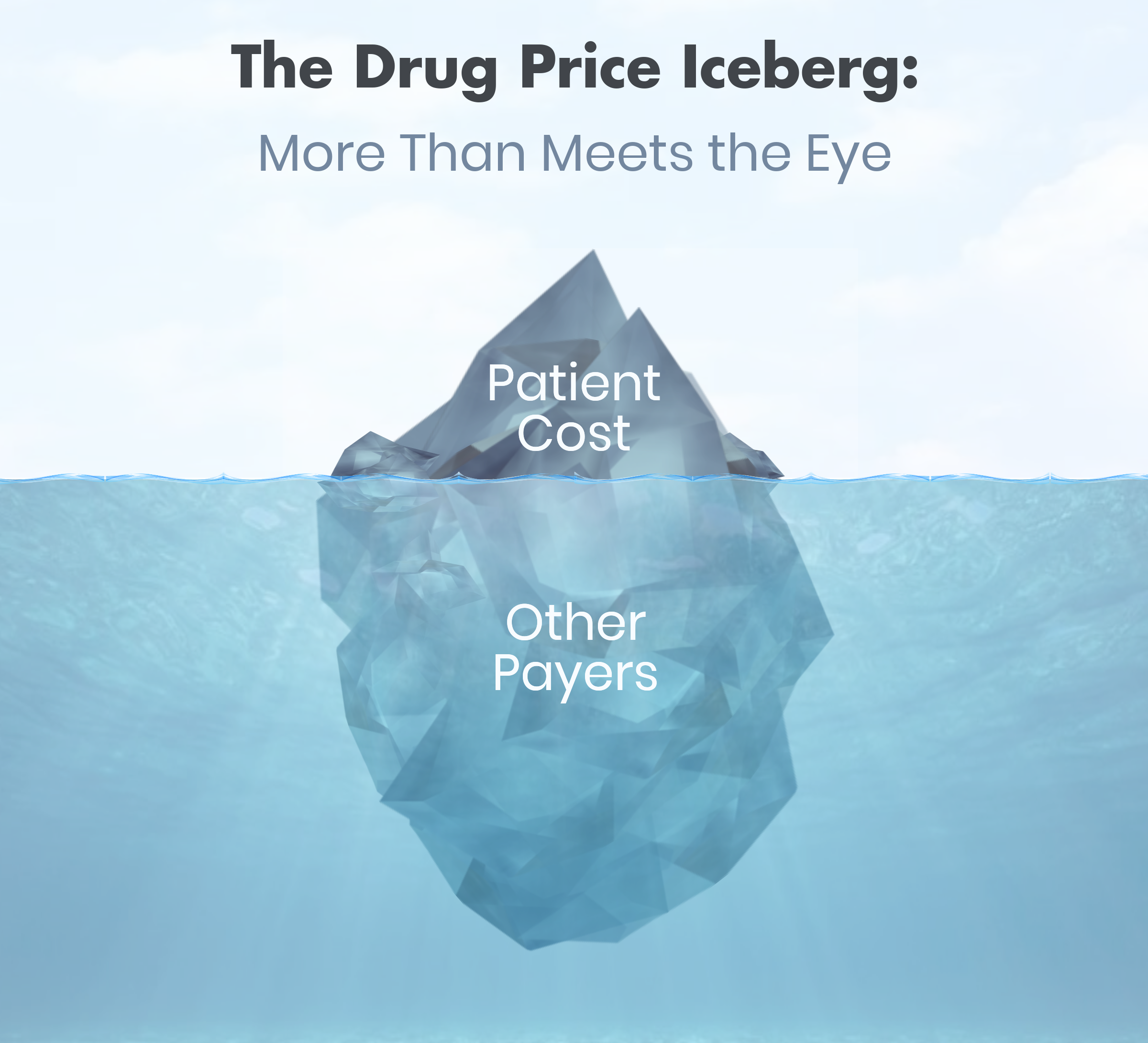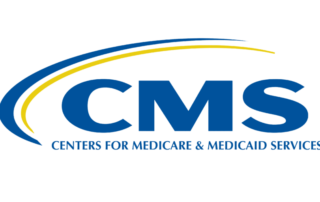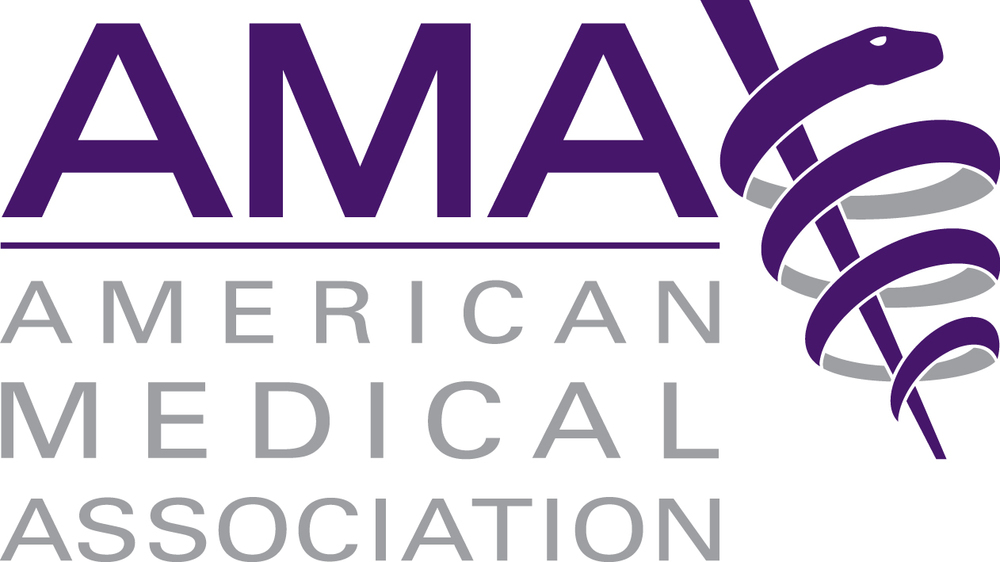Press Release: US Treasury Announces HSA Guidance
July 17, 2019 — In response to a June Executive Order, the U.S. Department of the Treasury released Notice 2019-45, a guidance allowing HSA-HDHP plans the flexibility to cover specified medications and services used to treat chronic diseases prior to meeting the plan deductible.















